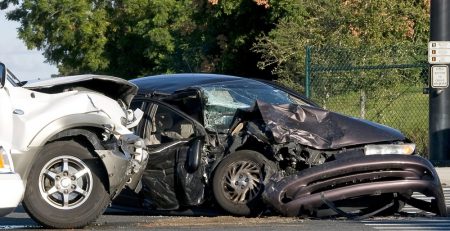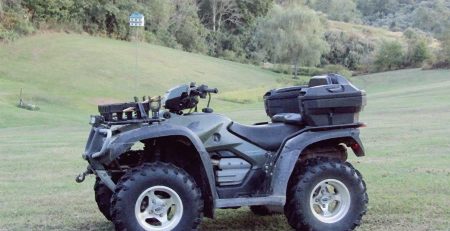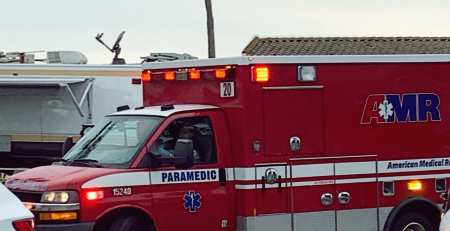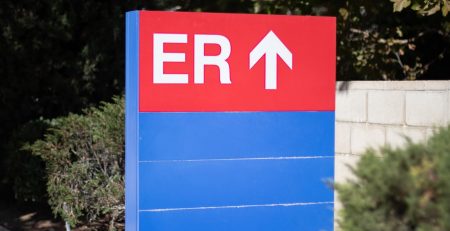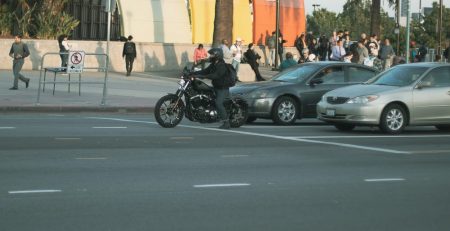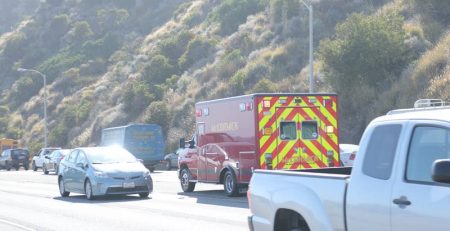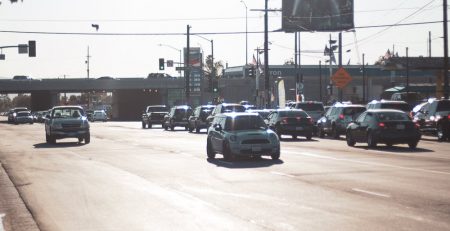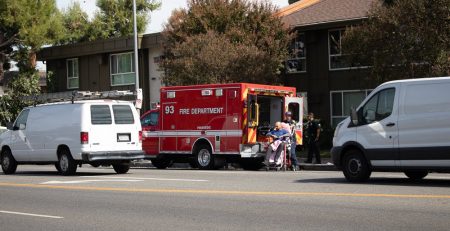Ten things a driver should never do after being involvement in a personal injury accident?

Ten things not to do following an accident.
Learn how to de
What you should not do following a car or truck accident.
Being involved in a personal injury accident can be a distressing and overwhelming experience. In the aftermath, it is essential for drivers to handle the situation with care and caution to protect themselves legally and ensure the well-being of everyone involved. If we can be of assistance contact us right after the accident.
Here are several things a driver should never do following involvement in a personal injury accident:
- Flee the Scene: Leaving the scene of an accident, especially one involving personal injury, is illegal and can result in severe legal consequences. Regardless of the circumstances, drivers must remain at the scene and render aid to anyone injured, as required by law. Leaving translates into assumptions and none of those assumptions are good for you. Were you drunk? On drugs? Driving reckless? You get the idea.
- Admit Fault: While it is natural to feel remorseful or apologetic after an accident, admitting fault at the scene can be used against you later during insurance claims or legal proceedings. Avoid making any statements that could be construed as an admission of liability. Stick to providing factual information to law enforcement and exchange contact and insurance details with the other parties involved. And remember, right after the collision, you do not have all the facts and cannot possibly know if you were actually at fault. So do not admit that you were, no matter what you think right after the cars come to rest.
- Discuss Fault or Settlement with Other Parties: Refrain from discussing fault or potential settlement offers with the other parties involved in the accident. Anything said at the scene or in the immediate aftermath could be used against you during insurance negotiations or legal proceedings. It is best to let your insurance company handle communications regarding fault and settlement. There is nothing less reliable than right after the collision you discussing how you think the case should be settled.
- Fail to Seek Medical Attention: Even if you do not feel seriously injured, it is crucial to seek medical attention promptly after an accident. Some injuries may not be immediately apparent, and delaying treatment could worsen your condition. Additionally, seeking medical attention creates a record of your injuries, which can be valuable for insurance claims or legal purposes. Here is what the insurance adjuster thinks and will argue against a person who did not seek medical attention. They will think the impact was not all that significant and therefore you could not have been injured. And so, going to the doctor a week after the accident means you are making it up.
- Neglect to Document the Scene: Take photos of the accident scene, including the vehicles involved, any visible injuries, road conditions, and relevant traffic signs or signals. Collect contact information from witnesses and ask them for their account of the accident. Thorough documentation can provide valuable evidence to support your version of events. While you may feel odd taking photographs, either the driver or the passengers should photograph the vehicles, the accident scene, and the significant surroundings, such as the intersection. Because once the cars are towed away and the debris swept up, that evidence can not be recreated.
- Delay Notifying Your Insurance Company: Promptly report the accident to your insurance company, even if you believe you were not at fault. Delaying notification could jeopardize your coverage or delay the claims process. Provide your insurance company with accurate and detailed information about the accident, but avoid making speculative statements or admitting fault. You have to let your insurance company know right away. A call or an email reporting it to your agent or to your insurance company are required by your auto insurance policy. That is so your insurance company can investigate to protect you against a liability claim. And then you also have medical payment’s coverage and hopefully collision coverage that may require your insurer to pay out on the claim.
- Ignore Legal Obligations: Familiarize yourself with your legal obligations following an accident, such as reporting requirements and deadlines for filing insurance claims. Failure to comply with these obligations could result in penalties or complications with your insurance coverage. Iowa’s motor vehicle laws require reporting when the damage is $1,500.00 or more. [See below]
- Speak with the Other Party’s Insurance Company without Legal Counsel: If contacted by the other party’s insurance company, refrain from providing recorded statements or signing any documents without consulting with your own legal counsel or insurance representative. Insurance companies may use statements against you to minimize their liability, so it is essential to proceed with caution and seek guidance from a knowledgeable professional. This can be a bigger problem than you are able to understand without the advice of counsel. And, there is no way to explain why for your individual case, without knowing the facts of how your accident occurred. Most lawyers who practice personal injury law, charge on a contingent fee basis.
- Never speak to an adjuster while you are in the hospital and sedated: Many adjusters see your being in the hospital as a good time to make you think they are sympathetic to your situation. Trust me, they are not. Their only goal is figure out a way to either deny your case entirely, or to reduce how much they have to pay you. Do not talk to anyone about your accident, with the exception of your lawyers.
- Do not allow your phone to be thrown away or, if you were a pedestrian, for anyone to throw away your clothing: With pedestrians your clothing is an important element of placing blame where it lies. Your phone may have information on it that will show fault by the driver or drivers.
IN SUMMARY
In summary, following a personal injury accident, drivers should prioritize safety, communication, and adherence to legal obligations. By avoiding these common pitfalls and handling the situation responsibly, drivers can protect their interests and facilitate a smoother resolution to the accident aftermath.
REPORTING AN ACCIDENT
The driver involved in an accident occurring anywhere within the State of Iowa causing death, personal injury, or total property damage of $1,500 or more should contact the nearest law enforcement agency to have the accident investigated. If a law enforcement agency does not investigate the accident, it must be reported on an Iowa Accident Report form. Failure to return an accident report form within 72 hours from the time of the accident may result in suspension of your driving privileges. Note: You must attempt to completely fill out this report.
Also, the insurance information on page four of the report must be completed. Failure to complete insurance coverage information may result in the suspension of your driving and registration privileges.
The driver’s accident report form consists of the following four pages.
- Page 1: Instructions for completing the form
- Page 2: Accident codes used in the form
- Page 3: Accident report form (steps 1 through 7)
- Page 4: Accident report form (steps 8 through 10)
After signing the completed accident report form, mail pages 3 and 4 (you do not need to mail the instruction sheet nor accident code sheet) to:
Iowa Department of Transportation
Systems & Administration Bureau
P.O. Box 9204
Des Moines, Iowa 50306-9204
https://iowadot.gov/mvd/driverslicense/accidents
If we can be of assistance contact us right after the accident.


